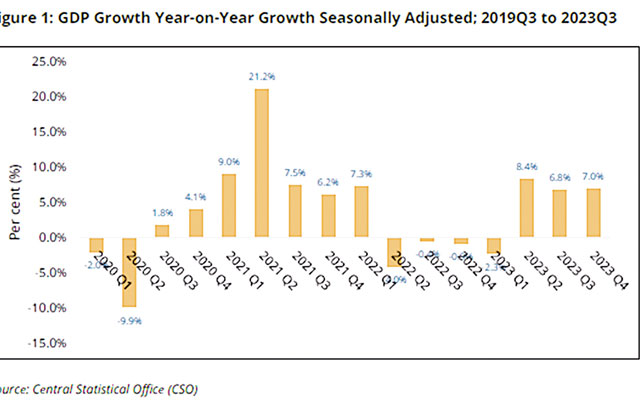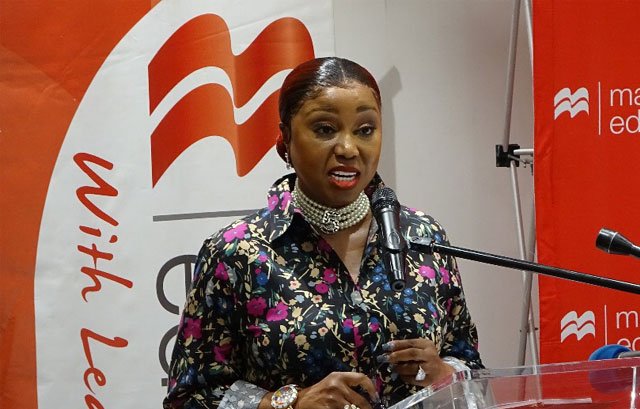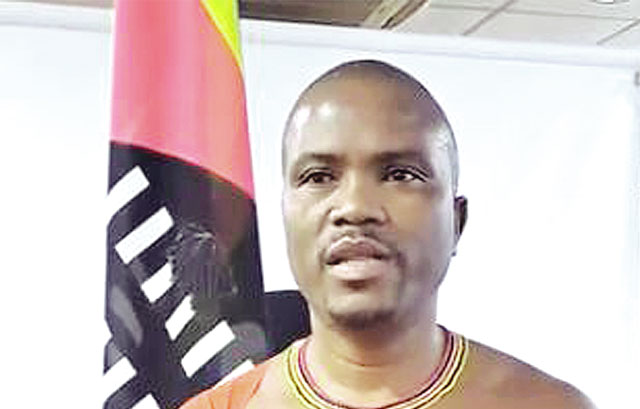By Majaha Nkonyane | 2018-06-13

THE Swaziland Energy Regulatory Authority (SERA) has commissioned a study meant to bring a clear understanding on why investors shy away from the country’s energy sector.
This was disclosed by SERA’s Consumer and Stakeholder Management Manager Sikhumbuzo Nkambule, who said the Eswatini electricity supply industry was failing to attract investment in electricity generation.
One of the reasons for this has been identified to be the absence of a cost-reflective tariff. Furthermore, investors in general prefer investing elsewhere because industrial and commercial electricity tariffs in the country are considered high.
To assist in developing informed solutions to address these challenges, the regulator resorted to examining the current level of tariffs visa-vis a cost-reflectivity with a view to gradually introducing cost-reflective tariffs.
Cost reflectivity was explained as the actual cost that the utility or service provider will incur in supplying a unit of electricity to the various customer categories and has to recoup from consumers through sale of electricity units.
The electricity supplying business services both industrial customers and commercial customers as the two types of customers consume electricity at different rates. Nkambule said industrial customers were the high users of electricity and require high voltage supply.
Those that buy in bulk are Maloma coal mine and the irrigation companies.
While commercial customers are all businesses that are using electricity to run their business either for lighting, cooling , and for heating.
In addition, following an approval of the subsidy framework, which aims at introducing cost-reflective tariffs whilst shielding indigent consumers from the price hikes, the cost of supply study is said to not only help ascertain what a cost-reflective tariff will be, but also guide the amount of subsidy that the industry can offer to the needy.
Furthermore, the study is envisaged to be completed by end of August and its findings will be incorporated in the next tariff review in November and any adjustments will be effective on April 1, 2019.
“The copy rights of the report rest with the regulator. It is important to note that some information contained in the report may be confidential and its disclosure may infringe in some contractual obligations.
The regulator will make an effort to put together a report of the findings that will be made available to the public,” he said.
share story
Post Your Comments Below

Eswatini's economic activity, measured by Gross Domestic Product (GDP), grew at a steady pace of ...

Minister of Information, Communication and Technology (ICT) Savannah Maziya says there is a criti...

There is tension mounting between members of Parliament and their constituency headmen, who are n...

Nurses and other members of the medical staff at the Raleigh Fitkin Memorial (RFM) Hospital have ...
All material © Swazi Observer. Material may not be published or reproduced in any form without prior written permission.
Design by Real Image Internet